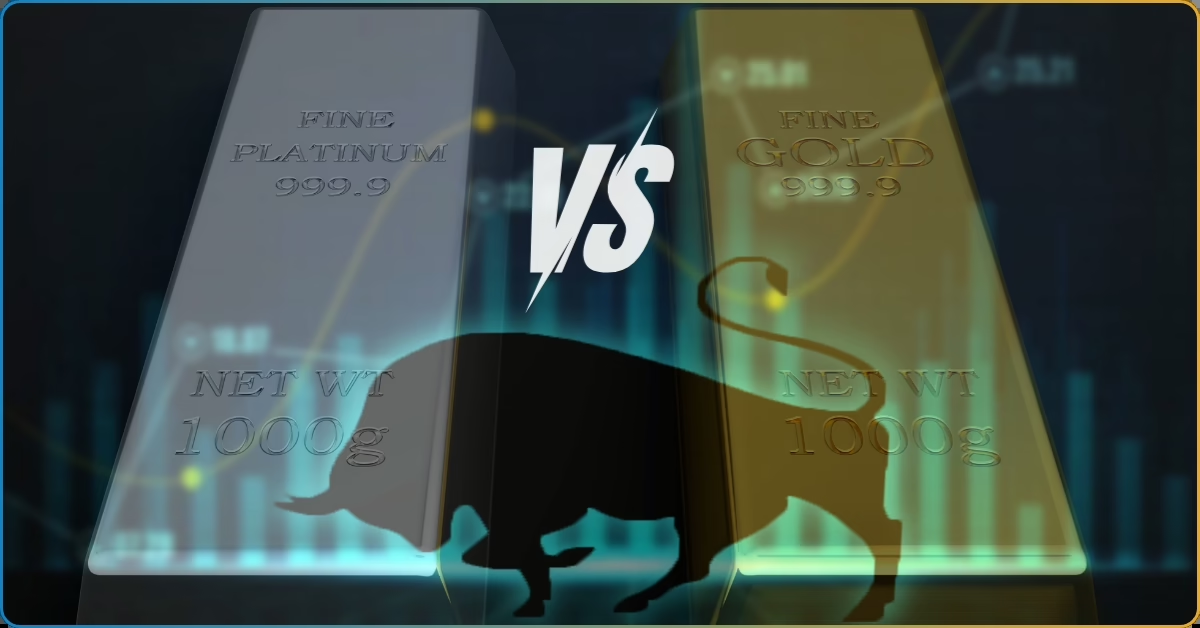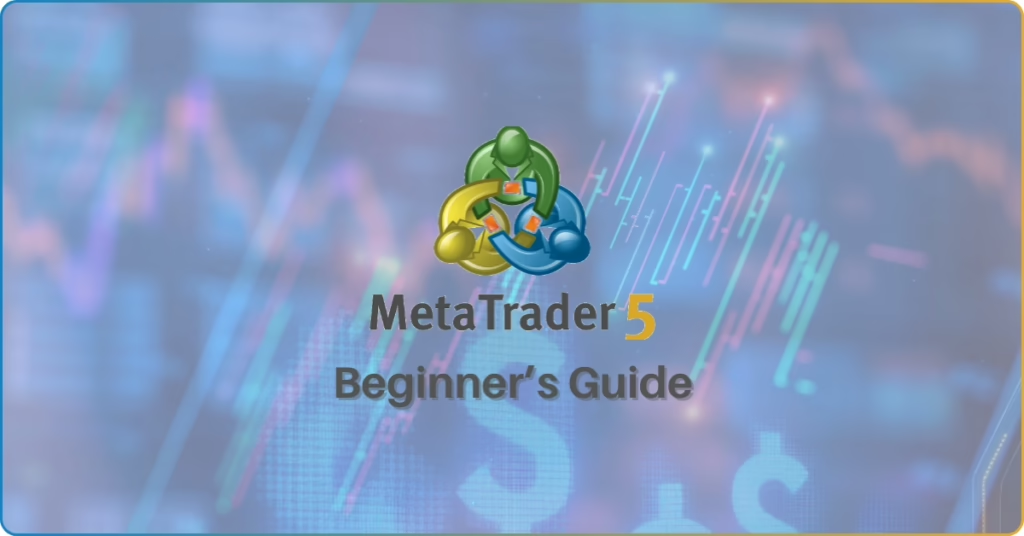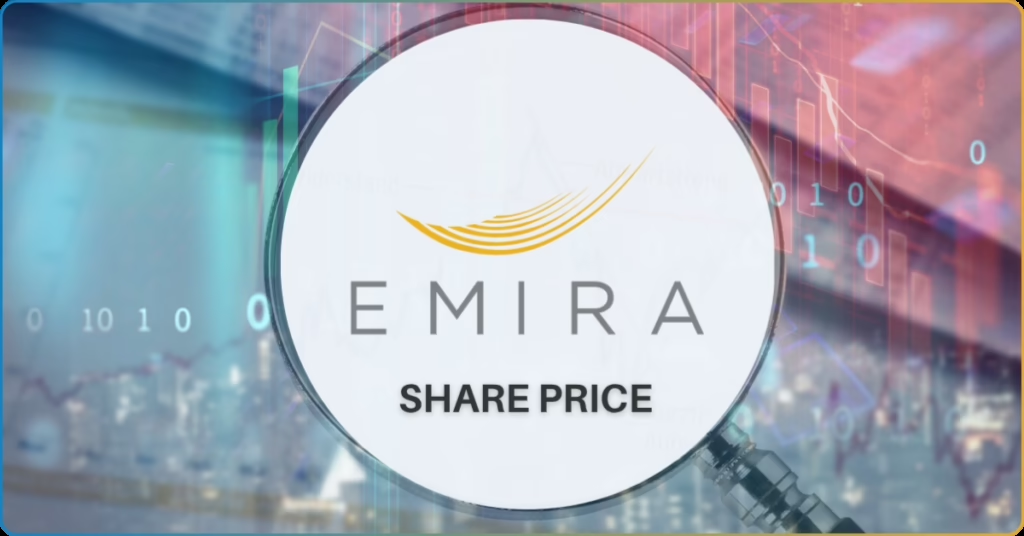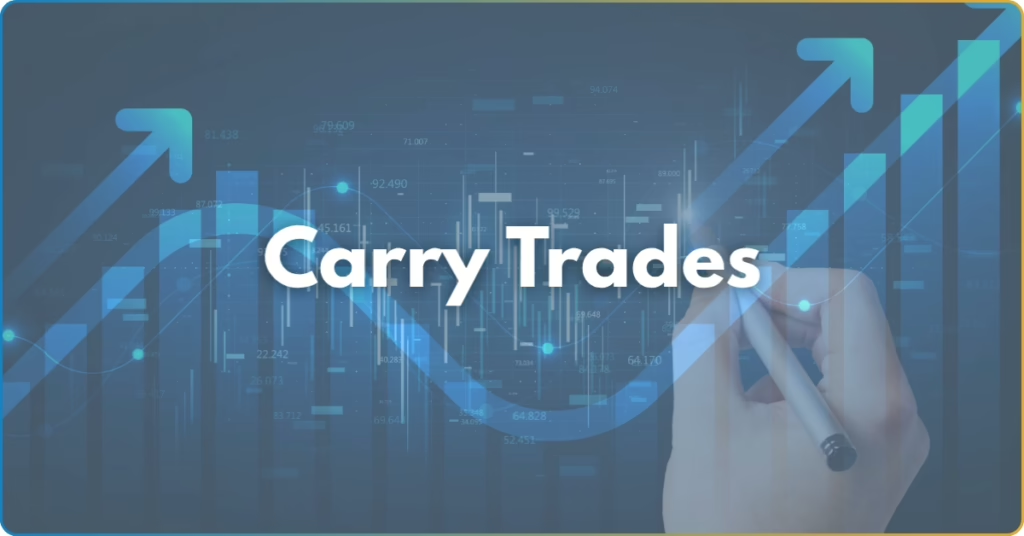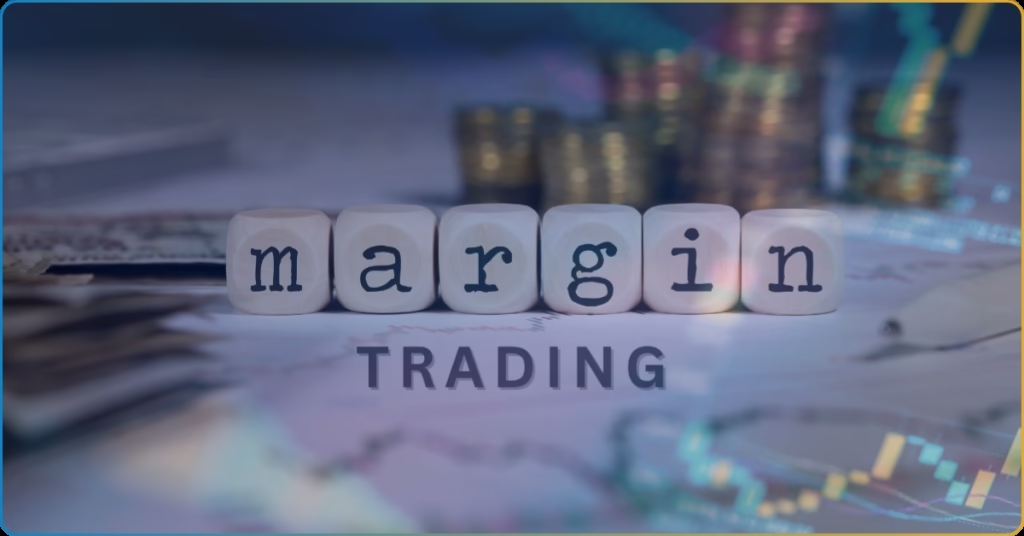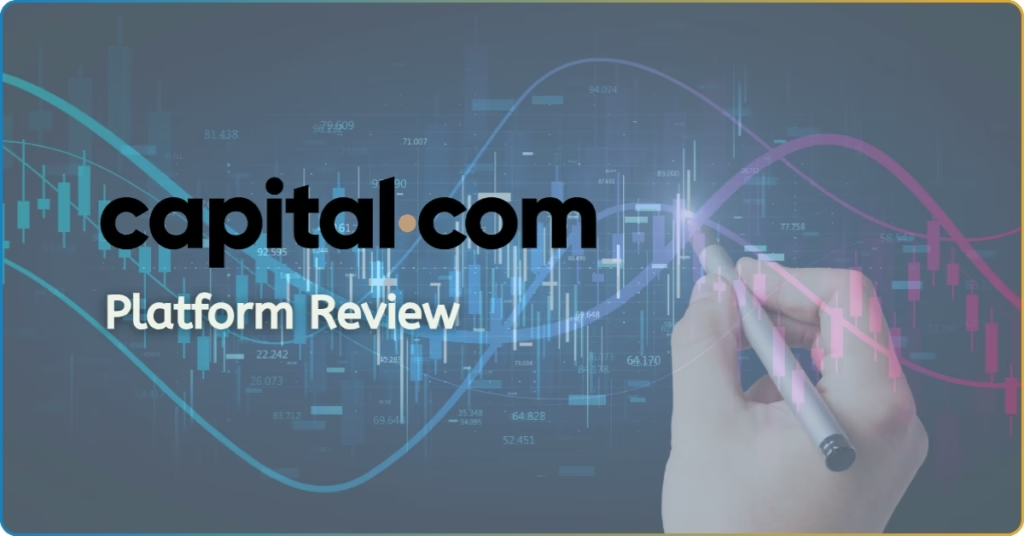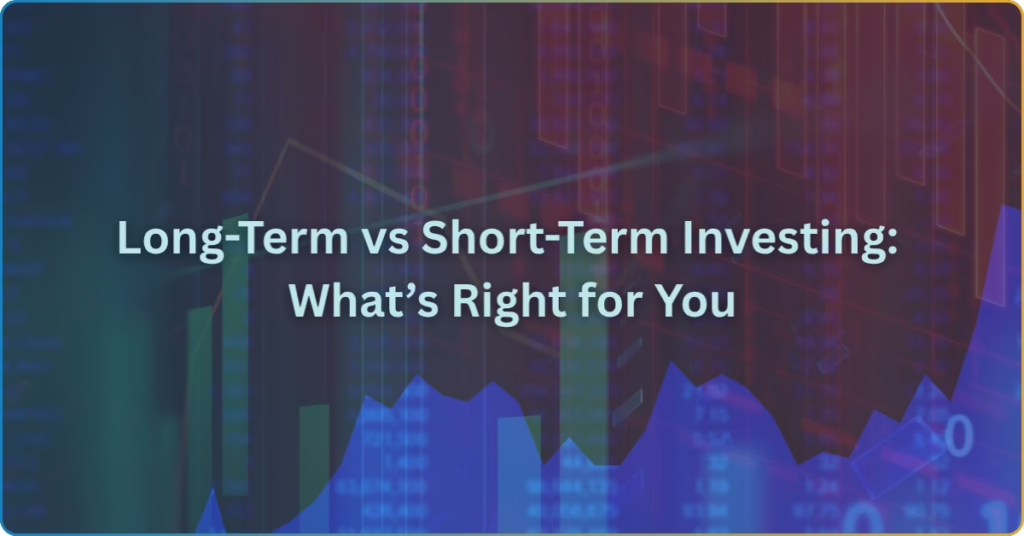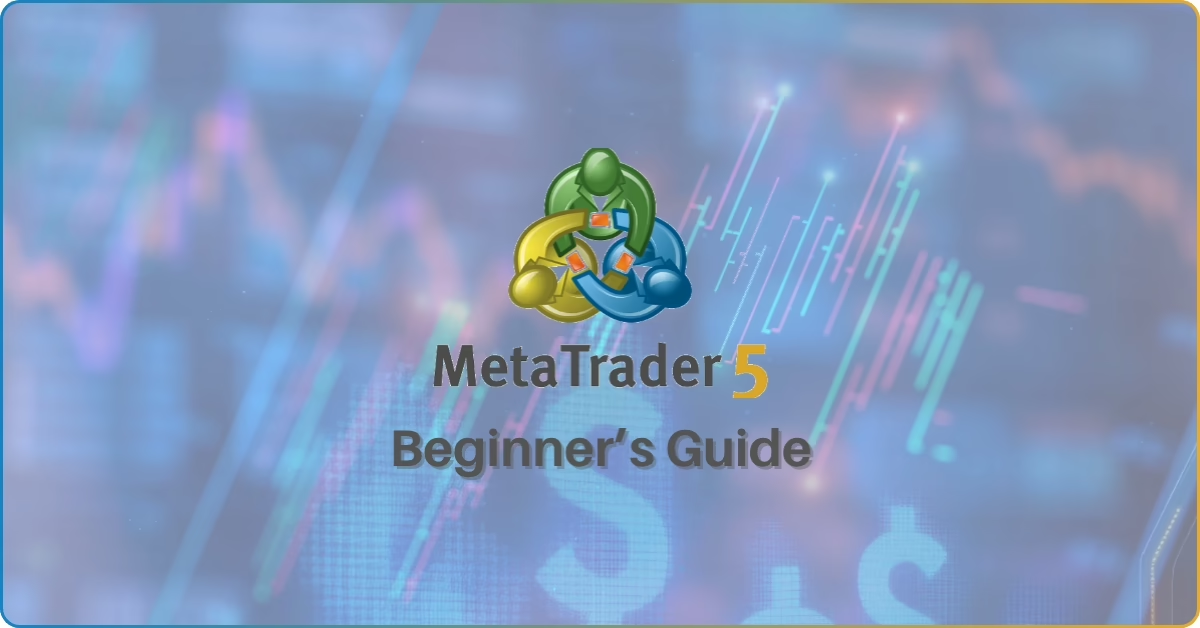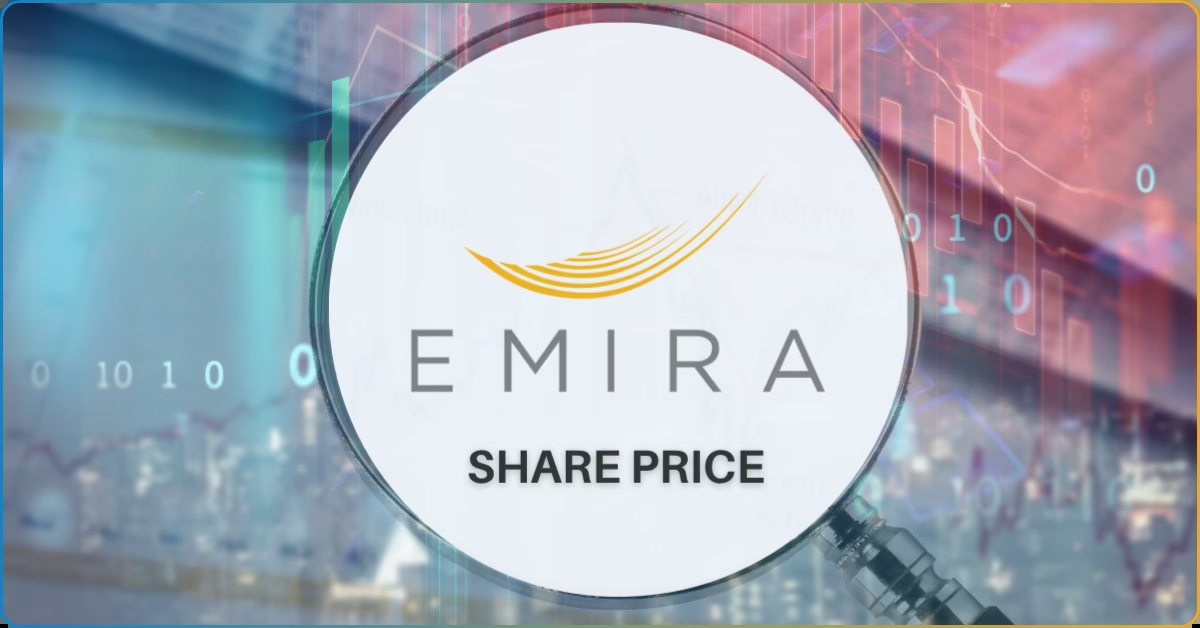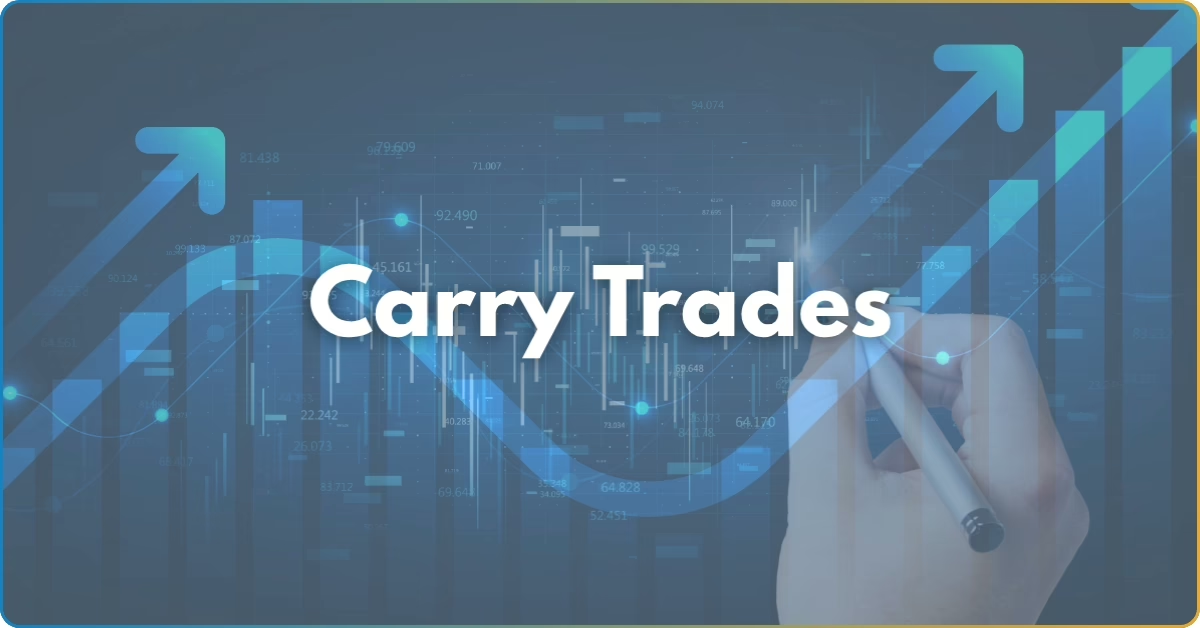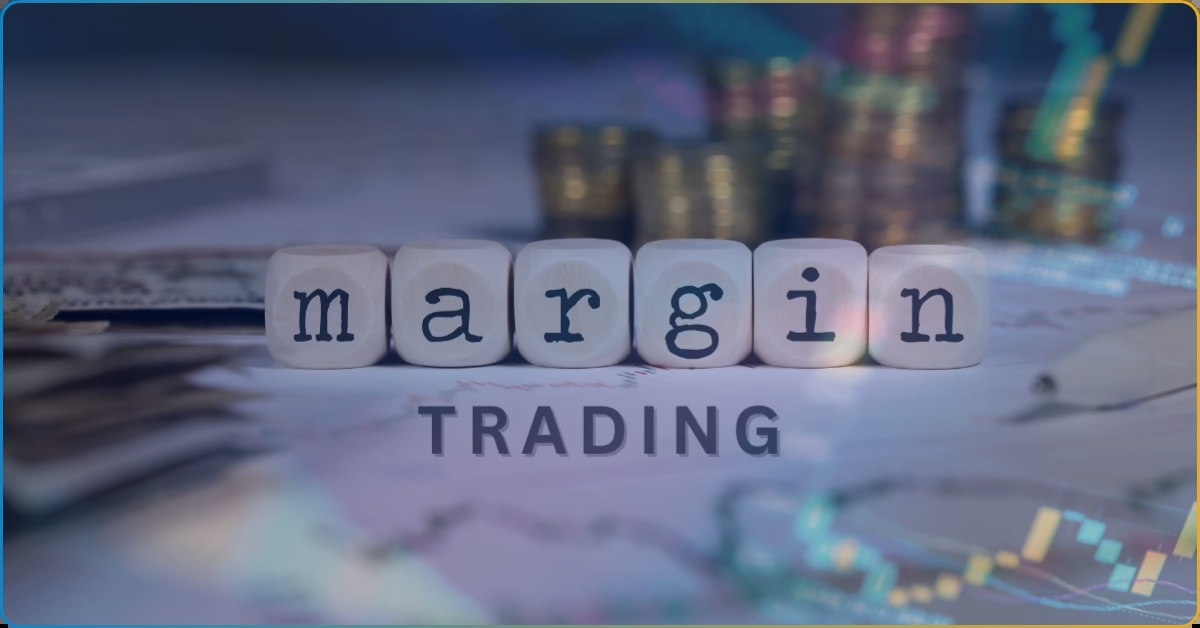Both Gold vs Platinum are among the main assets that shine in the market, but they don’t play the same role in your trading strategy. One is a go-to safe asset during global uncertainty. Meanwhile, the other is a high-risk, high-reward metal tied to industrial demand.
If you’re weighing which one to trade this year, don’t just look at price tags; look at what drives them. Our market specialists break down the real differences, so you can decide which metal offers better value in 2025, and why timing matters more than ever.
Keep reading to find out which precious metal actually fits your trading style.
Why Compare Gold vs Platinum in Today’s Market?
Think of Gold and Platinum as two different types of vehicles. Gold is your reliable SUV, which is steady, trusted, and built for long journeys through uncertain terrain. Platinum, on the other hand, is more like a high-performance sports car, which is faster, riskier, and built for those who know how to handle sharp turns.
In technical terms, Gold is driven by macroeconomic factors like inflation and central bank policies, making it a go-to asset during market stress. Platinum’s value is tied to industrial demand, especially in automotive and green tech sectors, which makes it more volatile but potentially more rewarding for short-term traders.
Therefore, the intentionally contrasting features of these Gold vs Platinum make them worthy opponents, which is why it’s a frequently discussed topic among traders at CommuniTrade.
To stay ahead of commodity opportunities, join verified traders at CommuniTrade and stay informed with expert insight, price updates, and overall market trends.
Platinum Vs. Gold Price
The chart below shows how gold and platinum futures have moved over the past year, using official Commodity Exchange data from Yahoo Finance. Gold is tracked under the ticker GC=F, and Platinum under PL=F.
These two precious metals of God vs Platinum are both reviewed by our technical analysts to highlight key price trends, momentum shifts, and trading signals worth watching.
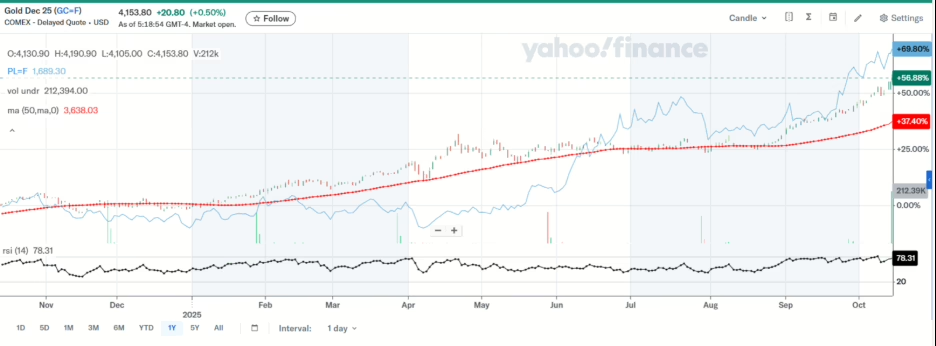
Gold has been on a strong upward trend over the past year, climbing nearly 70% to around $4,153.80. Our analysts note that its average price over the last 50 days is lower, which confirms that Gold has been gaining momentum. However, its RSI score of 78 means it might be overbought for now, so a short-term dip or pause could happen before the next move.
Platinum also went up by about 56%, but it’s still priced much lower at around $1,689.30. Unlike Gold, Platinum’s price movement has been slower and less consistent. It’s more affected by industrial demand, which makes it riskier, but also potentially more rewarding if timed right.
Read more: Market Analysis 101: A Comprehensive Guide in 2025
Key Factors of Gold vs Platinum
To better evaluate and map out the key drivers behind Gold vs Platinum, we’ll break down all relevant technical indicators below:
Price Trends and Historical Performance
Gold is a steady player because it usually goes up during financial crises or political tension. It’s been trusted for generations as a way to protect wealth. In contrast, Platinum used to cost more than Gold.
Platinum’s price history is more unpredictable. It’s tied to how much industries need it, especially in manufacturing and automotive. When the economy slows down, Platinum tends to drop harder, which is why it’s often seen as a riskier choice.
Market Drivers and Volatility
Gold’s price moves based on global events, investor confidence, and decisions made by central banks. When interest rates are low or the dollar weakens, Gold usually becomes more attractive. It’s known for being relatively stable, with moderate price swings each year.
Platinum, on the other hand, is driven by supply and demand, mainly from industries that use it. Most of it comes from South Africa, so any issues there can shake up prices. It’s more volatile than Gold, with bigger ups and downs, and its future may depend on how fast green technologies grow.
Liquidity and Accessibility
Gold is easy to buy and sell. It’s traded all over the world in huge volumes, so prices stay tight and fair. You can invest in it through coins, bars, ETFs, or even online platforms.
Platinum is less liquid and not traded as widely. You can still invest in it, but the price difference between buying and selling can be bigger, and it’s not as fast-moving as Gold. That’s why it’s less popular for quick trade.
Pros and Cons of Gold vs Platinum
To further evaluate which precious metal aligns with your risk tolerance, here is a breakdown of their strengths and weaknesses of Platinum vs Gold Investment:
| Aspect | Gold | Platinum |
| Pros | Go-to asset in uncertain times Easy to buy and sell Strong long-term performance Globally recognized | Much rarer than Gold High industrial demand Potential for bigger returns Currently undervalued |
| Cons | Doesn’t generate income May lag in stable markets Sensitive to interest rates | More price swings Less liquid Tied to industrial cycles Supply mostly from South Africa & Russia |
Read more: 2025 UPDATE: Is the Platinum Price in South Africa Surging?
Frequently Asked Questions
Is Platinum vs white gold price worth the difference?
Platinum is generally more expensive due to its rarity and density. It’s also durable and hypoallergenic, while white Gold is more affordable and easier to maintain cosmetically.
Which is better for long-term investment: Gold vs Platinum?
Gold is typically more stable and widely recognized as a long-term store of value. Meanwhile, platinum prices are more volatile and influenced by industrial demand, making Gold the safer for long-term investment.
Is Platinum more expensive than Gold?
Historically, yes—but not always. Platinum used to command a premium over Gold, but in recent years, Gold has often been more expensive due to higher demand and economic uncertainty.
Final Verdict: Should You Trade Gold or Platinum this Year?
If you’re looking for something steady and proven, Gold is still the safer choice. It’s gaining momentum and remains a trusted asset when markets get shaky. But if you’re open to more risk for potentially higher returns, Platinum could be worth a closer look, especially if you time it right.
As we move forward, Gold may continue to benefit from global uncertainty and shifting interest rates. Platinum’s future, on the other hand, depends on how fast industries like green tech bounce back. Either way, your trading edge will come down to strategy, not just the metal you pick.
To trade Gold and Platinum effectively, being financially equipped is one of the best investments you can start with. Level up your trading skills at CommuniTrade, where verified traders learn from free trading courses, automated trading signals, expert-led webinars, and more resources to help you trade smarter.

